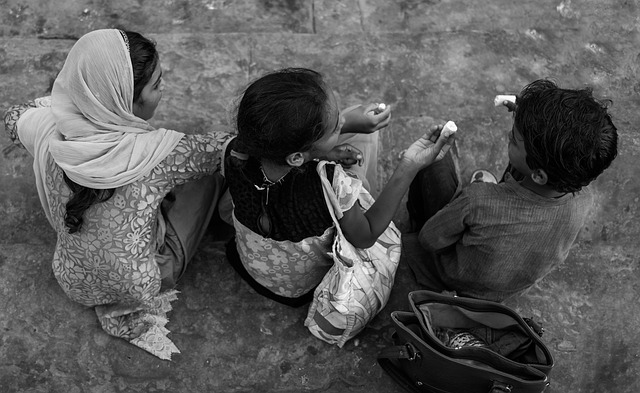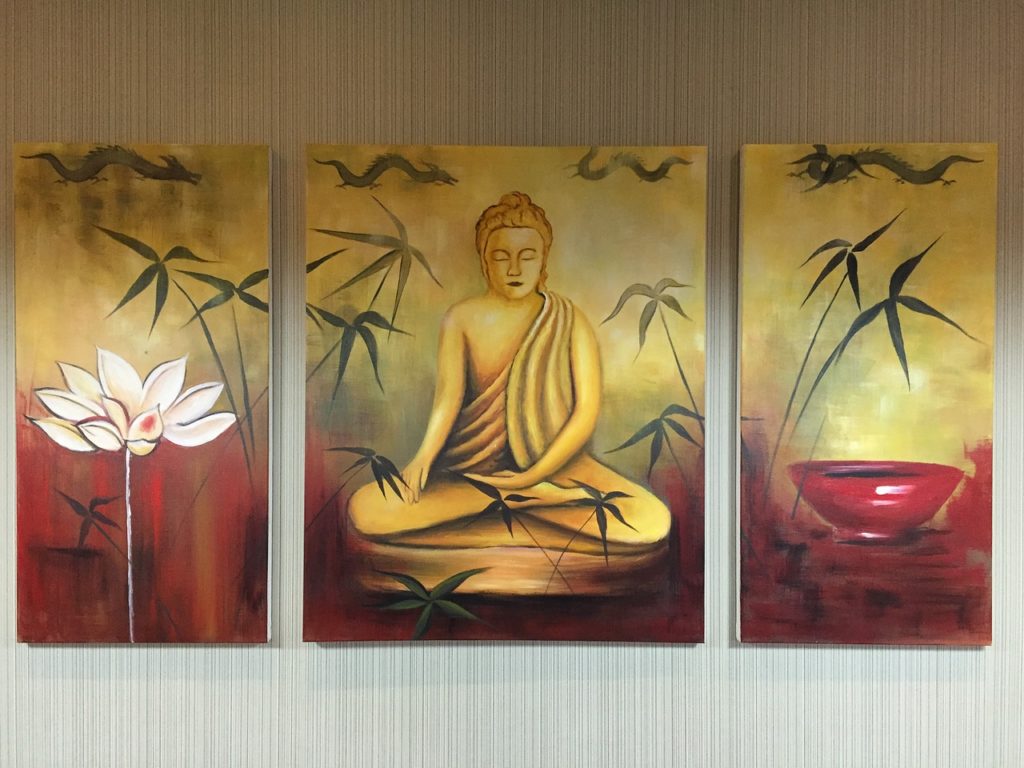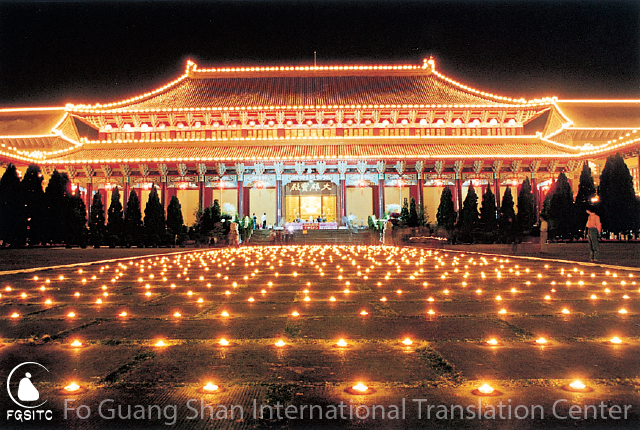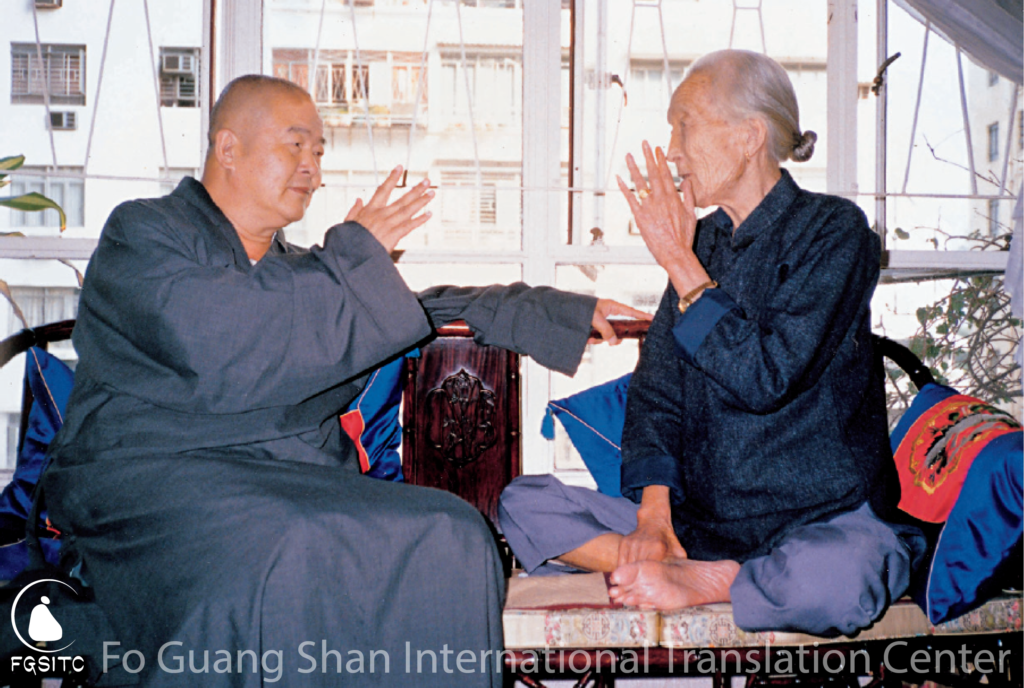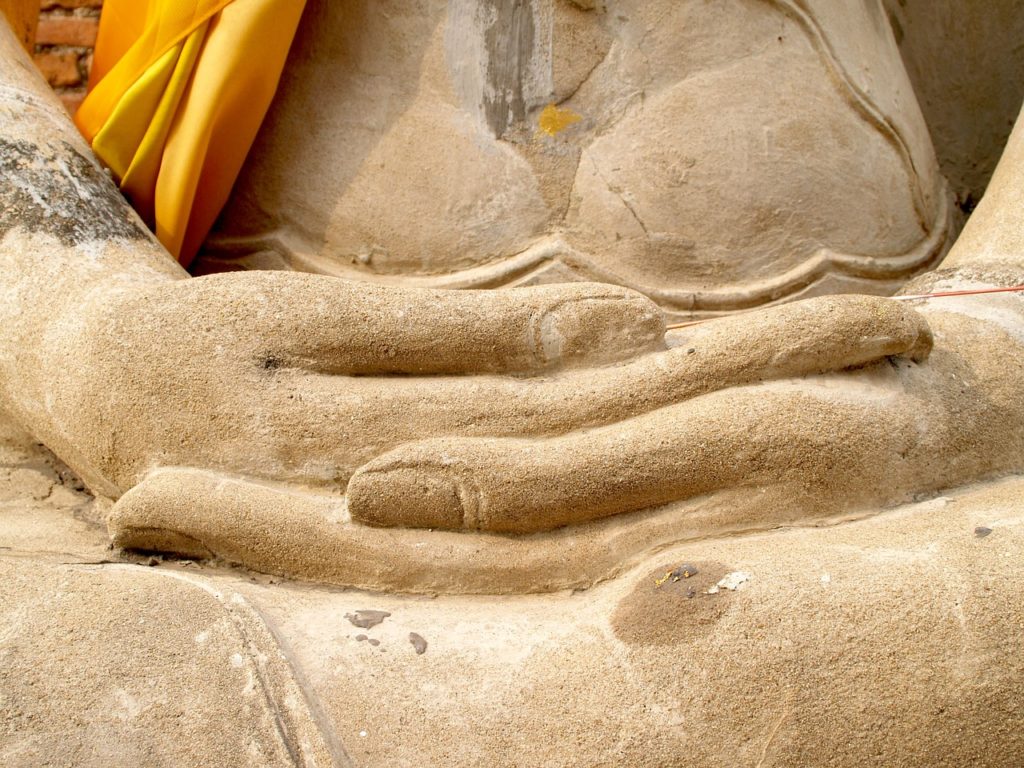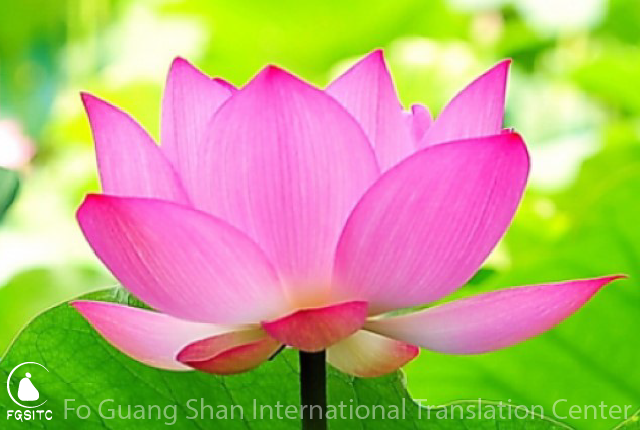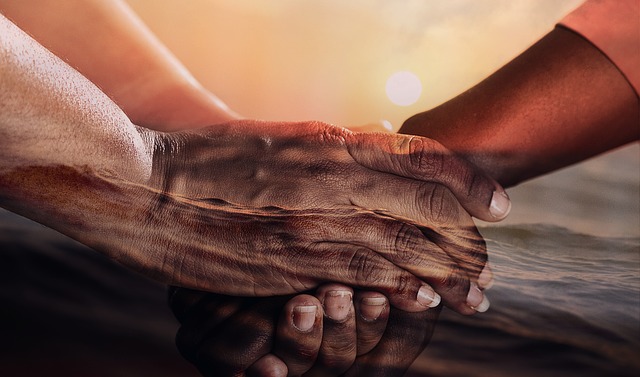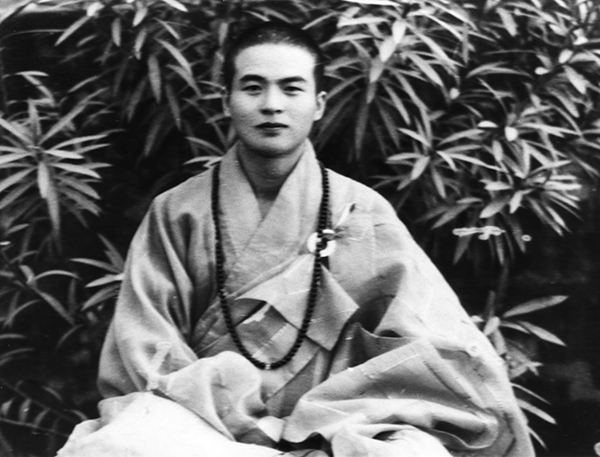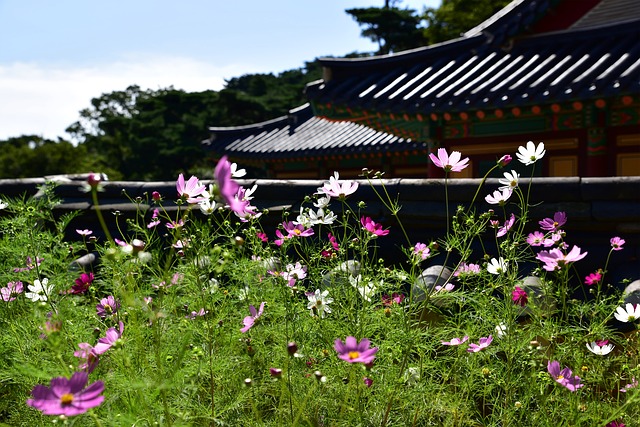“Walk like the wind, stand like a pine,
sit like a bell, and rest like a bow.”
This basic etiquette not only applies to Buddhists; everyone should practice it as well in daily living.
When we first meet a person, we can tell the level of his/her education and cultivation by his/her manners. We know how refined a person is by the way he/she speaks and conducts himself/herself.
When a country sends diplomats to foreign countries as ambassadors, it needs to train them first in diplomatic etiquette, especially in the manner in which they conduct themselves, so that their home country will be well-represented.
In the family, parents educate their children to be polite and to cultivate good habits in life. The basic manners of walking, standing, sitting and resting are the first important lessons for everyone. In school, teachers should not only convey knowledge to their students; life skills education and fundamental acceptable behaviors are just as important.
However, in today’s society we often see that only debutantes and flight attendants have obtained etiquette training. Today’s young have many learning problems because of the lack of emphasis on life education. They walk, stand, sit and rest in poor form. They are not conducting themselves properly. Many people keep pets, and good pets do not run wild or sleep any place they want to. Good pets are well trained and listen to the orders of their owners. As humans, supreme among all living beings, how can we not have good manners?
In reality, how we walk, stand, sit and rest is not restricted to outward expressions. When parrots talk and monkeys behave like people, they are still not human.
Good manners emanate from within and are reflected in our behavior. Refined walking, standing, sitting and resting start within the mind, and show naturally.
Therefore, those who have not cultivated good manners as part of their habits will end up embarrassing themselves and those around them. In Chan Buddhism there are lessons to be learned, even in a glance or facial expression. There is Dharma in eating and sleeping. Due to cultivation over a long period of time, every activity and movement of the body in the walking, standing, sitting and sleeping of the practitioners is in accord with Buddhism.
The renowned Chinese philosopher Zheng Yi once saw monastics in a Buddhist temple lining up for their meditative meal and exclaimed, “The essence of the etiquette of the generations is right here!” Therefore, for those who know Humanistic Buddhism well, the beauty and fragrance of cultivation lies in walking, standing, sitting and resting.
From Seeking Happiness, written by Venerable Master Hsing Yun.
Image from Pixabay.



